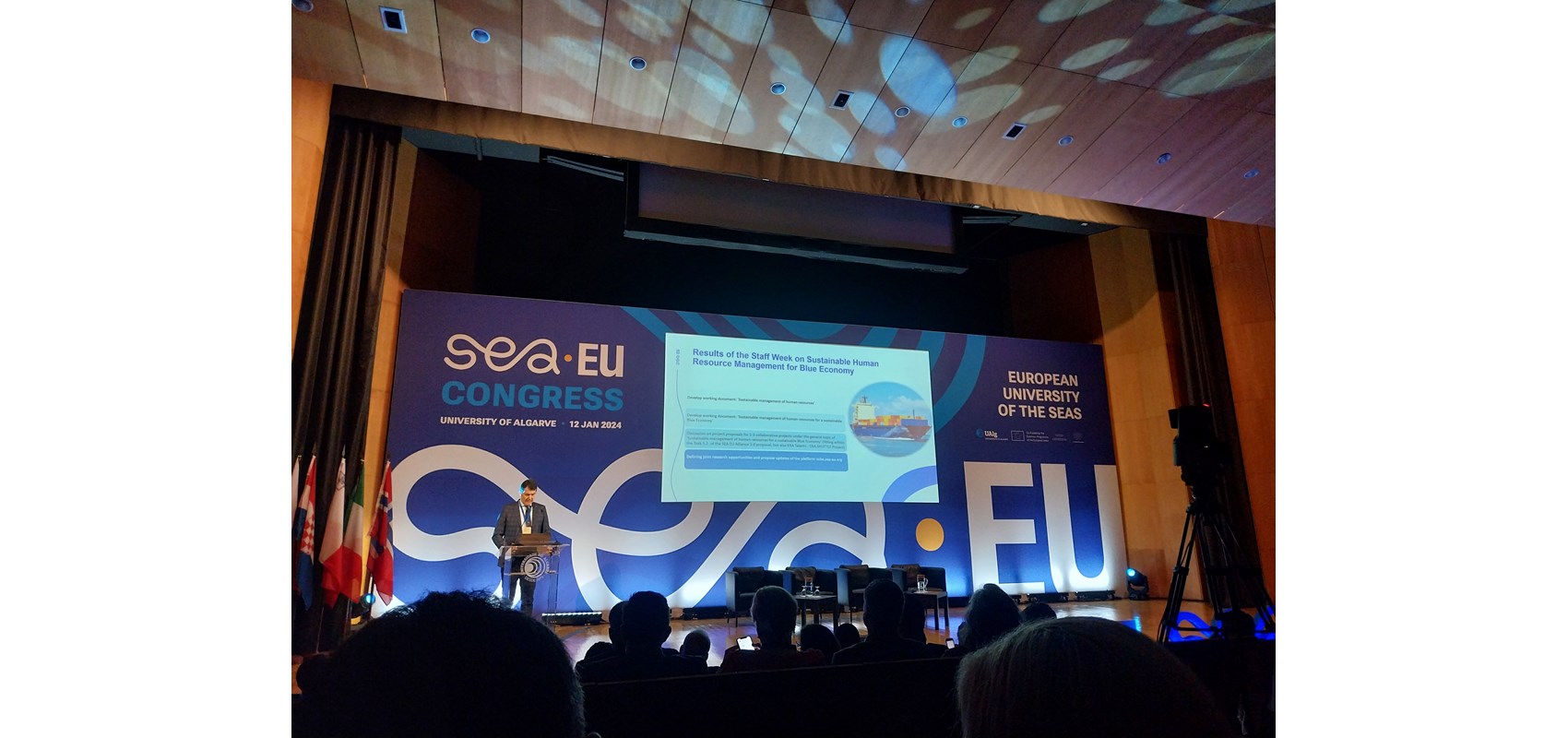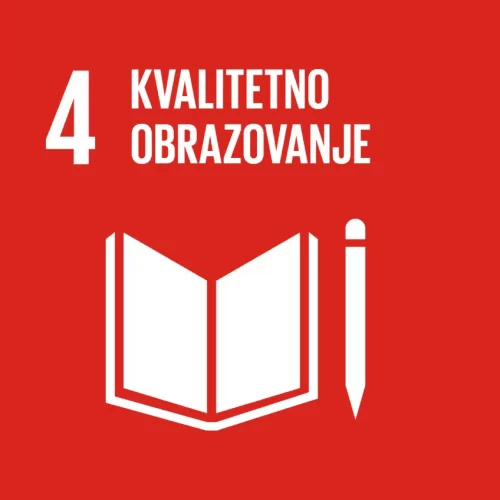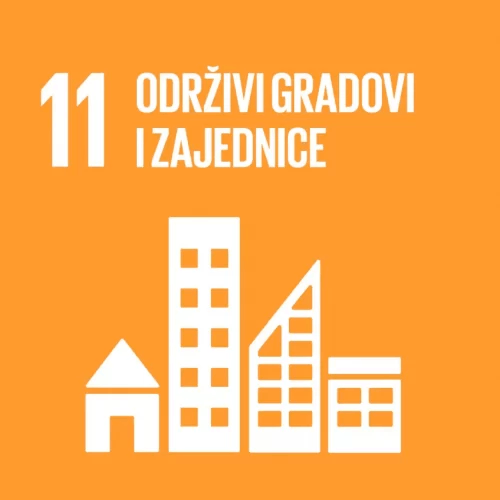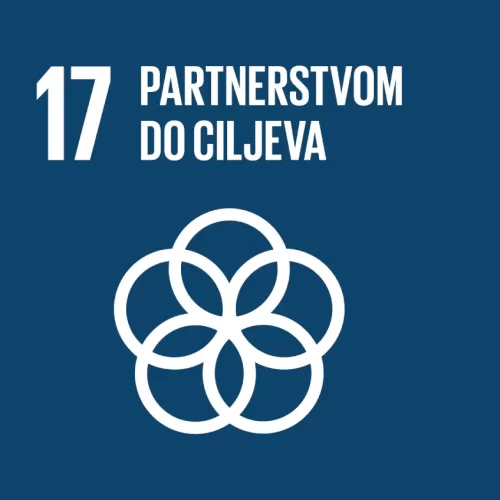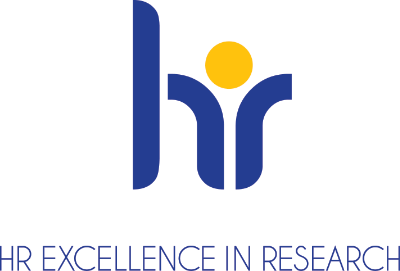On January 12, the University of Algarve hosted over 200 people from more than 27 world countries, including all partner countries of the SEA-EU Alliance. In addition to university representatives, other stakeholders in the SEA-EU project and international partners also participated in the congress. Goal of the conference was to bridge Alliance’s borders and reach out to other and different societies, in order to create new partnerships that can bring quality changes not only in education, but also in society.
University of Split, on behalf of its Rector, prof. Dragan Ljutić Ph.D., was represented by project manager and member of SEA-EU Governing Board, prof. Zoran Đogaš Ph.D., member of SEA-EU Advisory Board, Danica Ramljak Ph.D., member of the Management Board and representative of students, Roko Glavinović, and Damir Vidošević, director of Svpetrus Hotel, representative of University of Split stakeholders.
University of the Algarve’s rector, prof. Paulo Águas, opened The event and general coordinator, prof. Fidel Echevarría, greeted those present, followed by presentations of some of first phase of project implementation’s greatest achievements, including the establishment of the Observatory for Sustainable Blue Economy under the leadership of the University of Split, presented by Vice-rector Zoran Đogaš.
Participants of the first and second round table were external partners from countries in Africa, America, the Caribbean and Asia. They tried to answer the question about biggest challenges they face in their countries.
Third round table brought together representatives of SEA-EU’s associate partners and members of the Advisory Board. Key skills that students should have in order to successfully deal with today's challenges were discussed.
Participants of the fourth round table were the rector and European University of the Sea’s delegates, giving their opinions on how European universities could respond to modern global challenges.
The last round table discussed results of the Future Leadership Forum, from the perspective of members of the so-called generation Z, and what contributed most to defining the Global Gateway declaration.
Signing of the Global Gateway Declaration was the final part of the congress that followed the panel.
Congress recording is also available on this YouTube channel.

